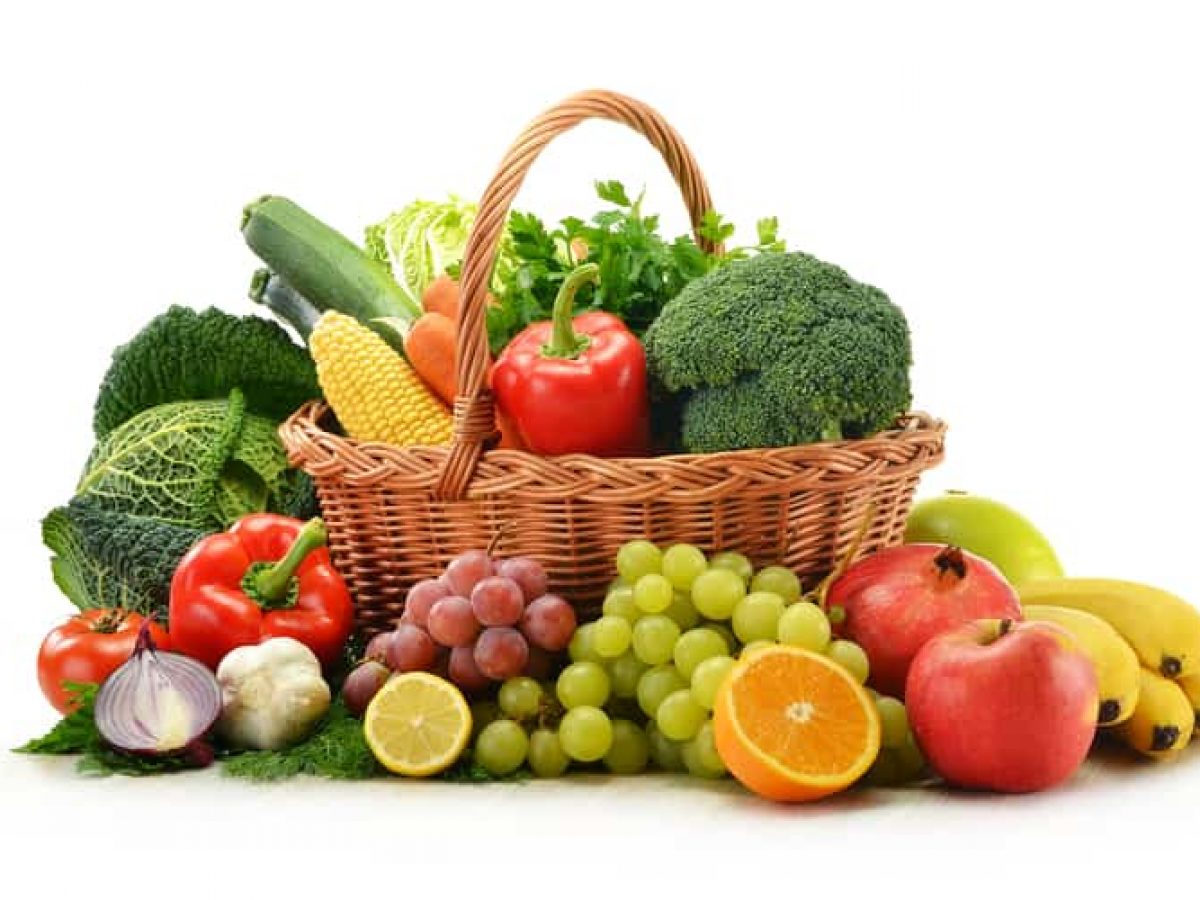What to eat:
Fresh fruits and vegetables: Include a variety of seasonal fruits and vegetables in your diet as they provide essential vitamins, minerals, and antioxidants. Opt for fruits like oranges, strawberries, pears, and vegetables like spinach, broccoli, and bell peppers.
Warm soups and stews: Enjoying hot soups and stews can be comforting during rainy weather. These dishes can be packed with nutritious ingredients like vegetables, legumes, and lean proteins.
Herbal tea: Sipping on warm herbal teas such as ginger tea, chamomile tea, or green tea can help keep you warm and hydrated. These teas have potential health benefits and can be a good alternative to caffeinated beverages.
Lightly cooked meals: Prepare your meals by lightly cooking the ingredients to maintain their nutritional value. Avoid heavy and oily foods as they can be difficult to digest.
Warm spices: Incorporate warming spices like ginger, turmeric, cinnamon, and garlic in your meals. These spices not only add flavor but also have potential health benefits, including boosting immunity and aiding digestion.
What to avoid:
Street food: During rainy seasons, it's advisable to avoid street food as it may not always be prepared and stored under hygienic conditions, increasing the risk of foodborne illnesses.
Raw or uncooked foods: Reduce the consumption of raw or uncooked foods like salads, sushi, and raw seafood. They can be more prone to contamination during the rainy season.
Stale or leftover food: Avoid consuming stale or leftover food as they can harbor bacteria and cause food poisoning.
Excessive spicy and fried foods: While a little spice is fine, consuming excessive spicy or fried foods can lead to indigestion and gastric issues. It's best to moderate your intake of such foods.
Chilled beverages and ice creams: It's better to avoid consuming chilled beverages and ice creams during rainy seasons as they can cause throat infections and lead to discomfort.

टिप्पणियाँ
एक टिप्पणी भेजें